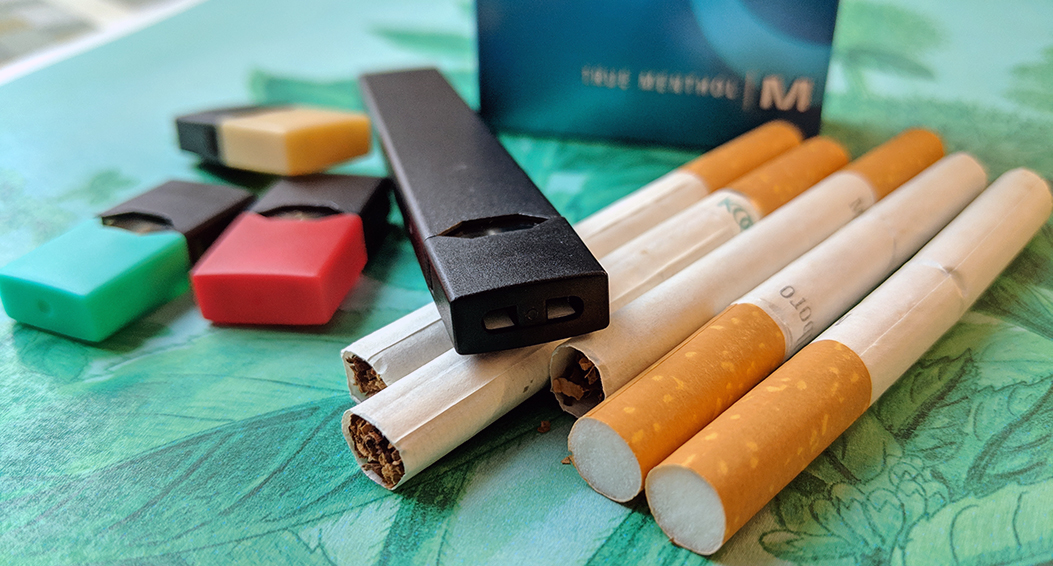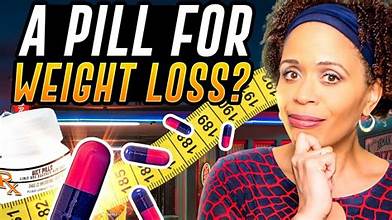In a significant move that is reigniting public debate around vaping and tobacco harm reduction, the U.S. Food and Drug Administration (FDA) has granted approval for Juul Labs to market its tobacco and menthol-flavored e-cigarettes. This decision marks a pivotal turning point for the embattled company, which had been at the center of controversy over its marketing practices and its alleged role in fueling a surge in teen vaping.
The Long Road to Approval
Juul Labs has spent the past several years embroiled in legal challenges, regulatory scrutiny, and plummeting public reputation. Its popular USB-style vaping devices rapidly gained traction among young people shortly after their market debut, leading to a spike in underage usage that triggered backlash from lawmakers, public health experts, and advocacy groups. In 2022, the FDA even issued a marketing denial order against Juul products, effectively banning them from sale—a decision that was later stayed, allowing the company to continue selling temporarily while the review continued.
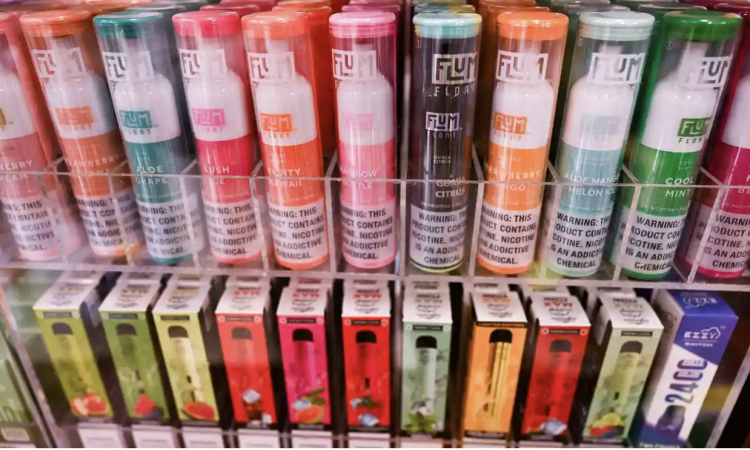
Now, after a thorough evaluation, the FDA has determined that Juul’s tobacco and menthol-flavored e-cigarettes meet the criteria for marketing under the agency’s Premarket Tobacco Product Application (PMTA) pathway. This means that the agency believes these products are “appropriate for the protection of public health,” taking into account their potential benefits for adult smokers compared to the risks posed to youth and non-smokers.
Public Health and Harm Reduction
According to the FDA, the approval is based on scientific evidence suggesting that Juul’s tobacco and menthol e-cigarettes could provide adult smokers with a less harmful alternative to combustible cigarettes. The central principle behind the PMTA pathway is tobacco harm reduction—encouraging the shift of adult smokers to products that reduce exposure to the harmful chemicals found in traditional cigarettes.
For Juul Labs, this approval is a major victory and a validation of its efforts to reinvent itself as a responsible company focused on adult smokers. In a statement, Juul reiterated its commitment to preventing youth access to its products and complying with stringent marketing regulations. The company emphasized that its goal is to transition adult smokers away from combustible tobacco, which remains the leading cause of preventable death in the United States.
A Controversial Decision
Despite the FDA’s rigorous review process, the decision has drawn criticism from public health advocates, parent groups, and anti-vaping organizations. Critics argue that Juul’s products remain too appealing to teenagers and that the long-term health effects of vaping are still not fully understood. They point to Juul’s troubled history, including lawsuits over its marketing tactics and flavored e-liquids that once included fruit and dessert varieties now banned due to their appeal to minors.
The Campaign for Tobacco-Free Kids issued a statement condemning the FDA’s decision, calling it “deeply disappointing” and warning that it could undermine progress made in reducing youth vaping rates. Other organizations echoed similar concerns, demanding stricter enforcement of age verification, advertising restrictions, and retail compliance.
Regulatory Safeguards in Place
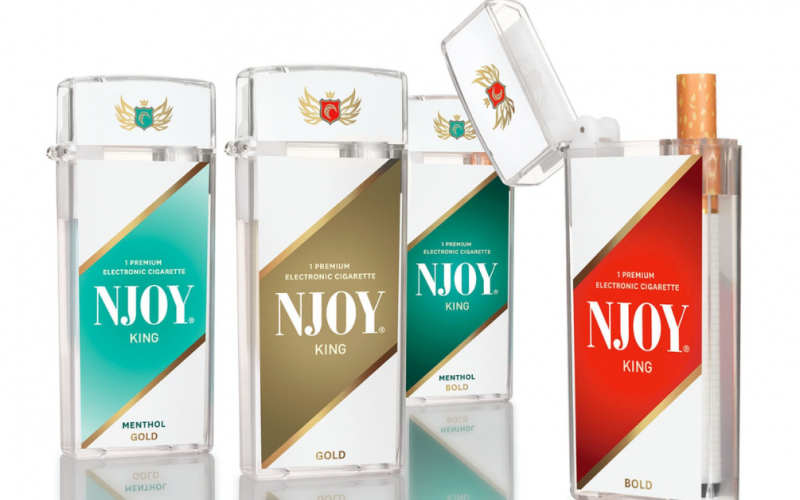
To address these concerns, the FDA noted that it will continue to closely monitor Juul’s marketing practices, sales data, and potential impacts on youth usage. The approval comes with strict limitations, including a ban on flavored e-cigarettes beyond tobacco and menthol, as well as stringent requirements for post-market surveillance.
Furthermore, the FDA retains the authority to withdraw authorization at any time if the products are found to no longer serve public health interests. This includes evidence of increasing youth use or new scientific data that alters the agency’s risk-benefit analysis.
What This Means for the Industry
The FDA’s decision could have broad implications for the vaping industry. It signals that e-cigarette companies with a history of regulatory issues still have a pathway to regain credibility—provided they meet scientific and regulatory benchmarks. It also reaffirms the FDA’s position that adult access to reduced-harm nicotine products is compatible with strong youth protection measures.
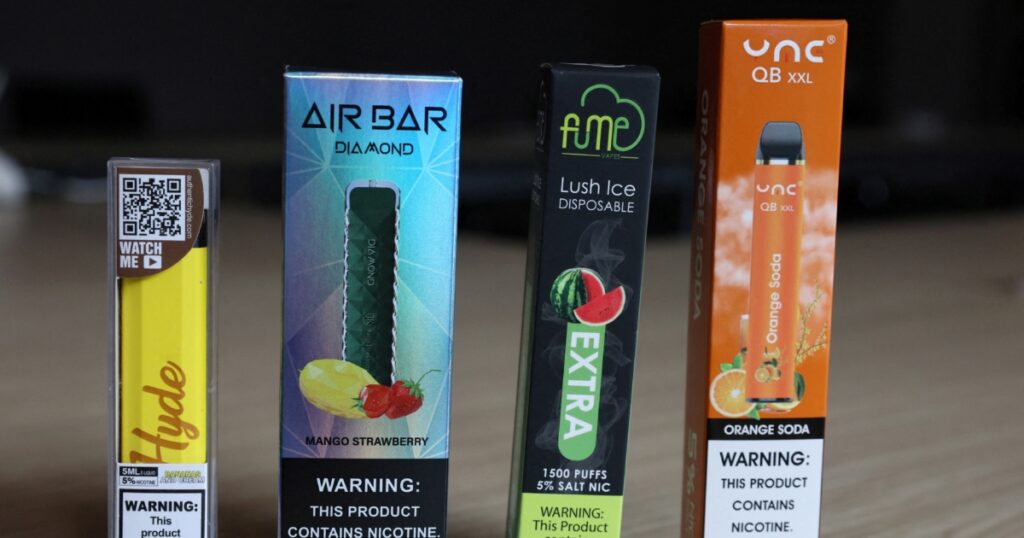
For other vape manufacturers seeking FDA approval, the ruling may offer hope. It sets a precedent that past controversies do not necessarily disqualify companies if they can demonstrate scientific merit and a commitment to public health goals.
The Future of Vaping Regulation
This development is likely to influence the broader conversation around nicotine regulation in the United States. As the FDA continues its mission to strike a balance between reducing smoking-related deaths and preventing youth addiction, further changes are expected in how vaping products are evaluated and marketed.
The agency is currently reviewing thousands of PMTA submissions from other companies. Only a small fraction have received approval so far, and most flavored products remain off the market. The future of flavored e-cigarettes, synthetic nicotine, and other emerging alternatives remains uncertain and under active debate.
Final Thoughts
The FDA’s decision to approve Juul’s tobacco and menthol e-cigarettes is a major moment for the vaping industry, public health policy, and tobacco control efforts. While hailed by some as a win for harm reduction, others see it as a step backward in the fight to curb teen nicotine use. What’s clear is that the approval is not the end of the road—it’s the beginning of a new chapter marked by tighter scrutiny, ongoing research, and a continued balancing act between innovation and regulation.
